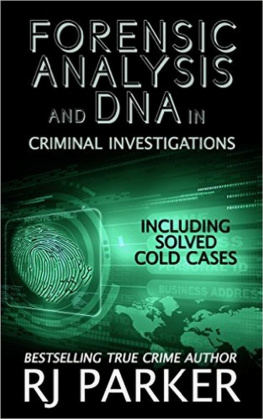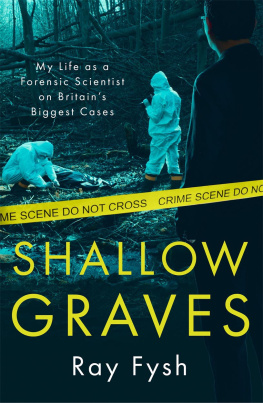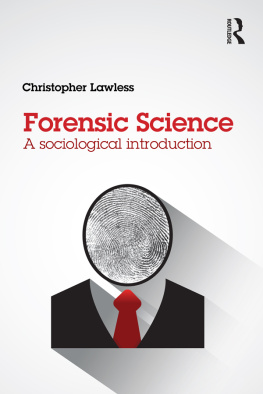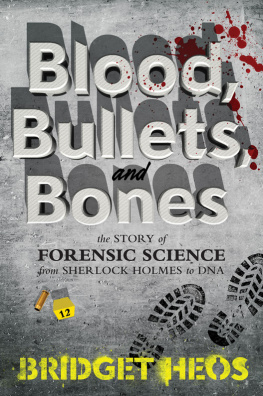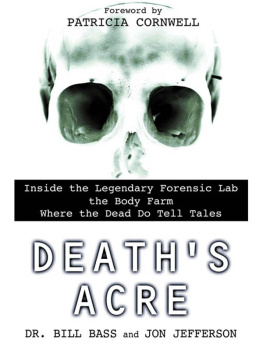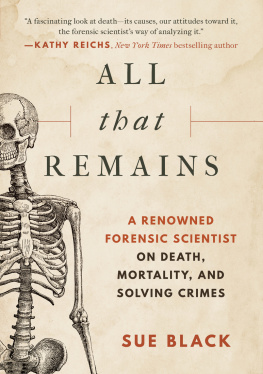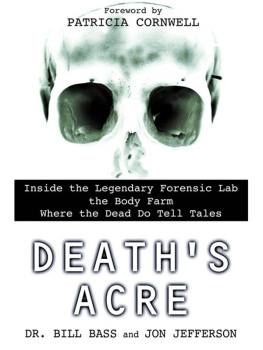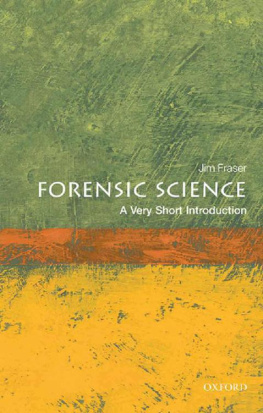CONTENTS


You reap what you sow;
dharma will protect those who protect it.

2015 Marshall Cavendish International (Asia) Private Limited
Cover and design: Benson Tan
Published by Marshall Cavendish Editions
An imprint of Marshall Cavendish International
1 New Industrial Road, Singapore 536196
All rights reserved
No part of this publication may be reproduced, stored in a retrieval system or transmitted, in any form or by any means, electronic, mechanical, photocopying, recording or otherwise, without the prior permission of the copyright owner. Request for permission should be addressed to the Publisher, Marshall Cavendish International (Asia) Private Limited, 1 New Industrial Road, Singapore 536196. Tel: (65) 6213 9300, fax: (65) 6285 4871. E-mail:
The publisher makes no representation or warranties with respect to the contents of this book, and specifically disclaims any implied warranties or merchantability or fitness for any particular purpose, and shall in no events be liable for any loss of profit or any other commercial damage, including but not limited to special, incidental, consequential, or other damages.
Other Marshall Cavendish Offices:
Marshall Cavendish Corporation. 99 White Plains Road, Tarrytown NY 10591-9001, USA Marshall Cavendish International (Thailand) Co Ltd. 253 Asoke, 12th Flr, Sukhumvit 21 Road, Klongtoey Nua, Wattana, Bangkok 10110, Thailand Marshall Cavendish (Malaysia) Sdn Bhd, Times Subang, Lot 46, Subang Hi-Tech Industrial Park, Batu Tiga, 40000 Shah Alam, Selangor Darul Ehsan, Malaysia
Marshall Cavendish is a trademark of Times Publishing Limited.
National Library Board, Singapore Cataloguing-in-Publication Data
Phnthip Rthanasunan, author.
No bones unturned / Dr Porntip Rojanasunan. Singapore : Marshall Cavendish Editions, [2015]
pages cm
eISBN : 978 981 4721 49 3
1. Forensic sciences Thailand. 2. Criminal investigation Thailand.
I. Title.
HV8073
363.2509593-- dc23 | OCN919412065 |
Printed in Singapore by Fabulous Printers Pte Ltd
To
my husband Wichai and my daughter Ten,
the two most important people in my life.
You are always standing by me behind the scenes
and supporting me in my pursuit of justice.
And also to my parents,
for planting the seeds of determination in me
along with the desire to do good deeds
according to Buddhist teachings.
INTRODUCTION

This is my second book in English. I have had the opportunity to face various challenging and interesting situations in my life, which gave me the inspiration to record them down here. Reflecting on my experiences, I have described the direction of my analysis in examining evidence and my methods of using forensic science to reveal the wrongdoings of murderers. I also write of my onerous responsibility in uncovering the truth, and how I overcame or handled numerous problems and obstacles.
In 2009, I was asked to help out with the death of a political aide in Malaysia (this case is covered in ). The case was an important turning point in my life. Because of my involvement, I became enmeshed in the political conflicts within both Malaysia and Thailand, and there were signals that the Malaysian government was unhappy with my actions and conclusions.
Four years later, in 2013, I was removed from my role as director of the Central Institute of Forensic Science (CIFS) in Thailand and appointed to an inactive post as the inspector-general of the Ministry of Justice. Yingluck Shinawatra was the prime minister at that time, after succeeding Abhisit Vejjajiva in August 2011. I felt that this was a political strategy to slow down the development of forensic work in the countrys justice process, as the position of inspector-general in government service is equivalent to being put into storage.
However, in the end, everything seemed to go according to the Buddhist dharmic doctrine: You reap what you sow; dharma will protect those who protect it. In May 2014, I was reinstated as director of the CIFS. I had about a year left as a government officer, before my retirement in 2015, to propel the development of forensic work as much as possible.
For a long time, Thailand did not have a proper system to locate missing persons. The countrys centralised police force has a wide range of responsibilities, from handling cases of petty theft to drugs and murder investigations. As a result, many policemen view missing persons as a low priority among their many case files. Under Thai regulations, there is no specified waiting period before a person should be reported missing, but police typically wait for 24 hours before accepting a missing person report from family members or friends. It is not uncommon for a missing person case to remain unsolved for years.
However, this is slowly changing. The government has announced that the Prime Ministers Office will follow up on investigating missing persons and identifying anonymous corpses. In 2011, the Royal Thai Police set up the Missing Persons Management Centre (MPMC). As the name suggests, the centre aims to be a focal point for sharing information about missing people in Thailand, and also to collaborate with other authorities on investigating missing persons cases. From then on, anonymous corpses were examined according to international standards and not disposed of via cremation.
In 2015, for the first time in more than a decade, the Ministry of Justice received the authority to propose policies to integrate departments and set up a working system to follow up on missing persons cases, including identifying anonymous corpses. In Thailands tumultuous and troubled southern border provinces, I helped to set up a DNA database system to help solve crimes and track down suspects.
The various accounts in this book are significant in the development of the justice system and of forensic science work in Thailand. They are also important on a personal level, as I reflect on doing good deeds despite having to walk forward alone and wearily. In the end, I hope to advance towards my goal by accumulating merit in my life. This is because I hold fast to the Buddhist path; problems and obstacles are practice in accumulating goodness in the journey towards nirvana.
Porntip Rojanasunan
August 2015, Bangkok
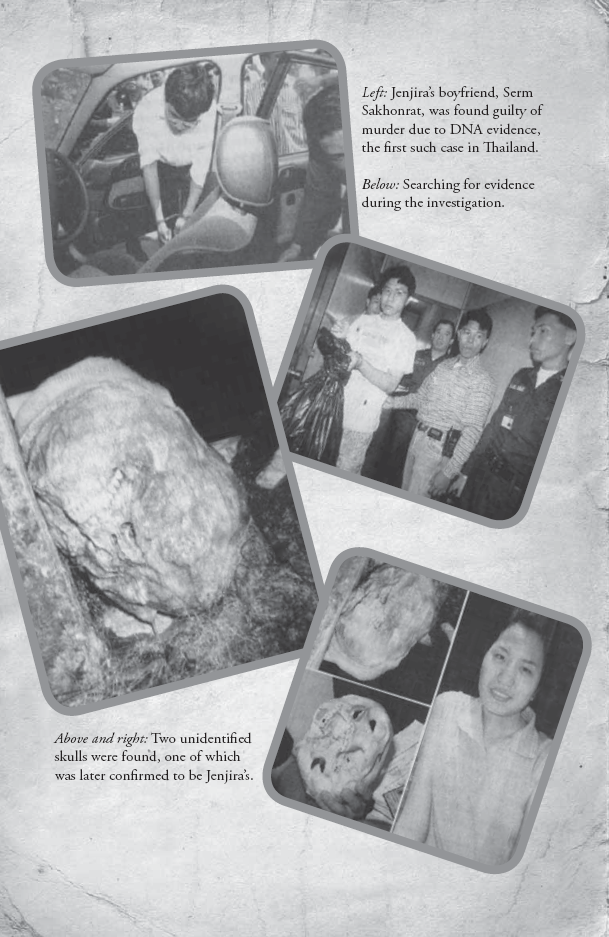
CHAPTER 1

JENJIRAS CASE
The case which threw me into the limelight and turned me from a normal forensic doctor into a celebrity and a detective was the murder of Jenjira Ploy-angunsri in 1998. Jenjira was a medical student from the Faculty of Medicine at Ramathibodi Hospital, where I was working at that time. In a murder that shocked the nation, she was killed and dismembered by her boyfriend, a 23-year-old medical student from Vajira Hospital.



